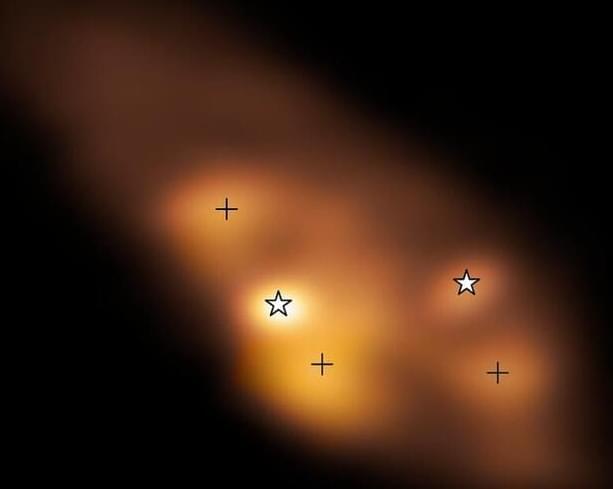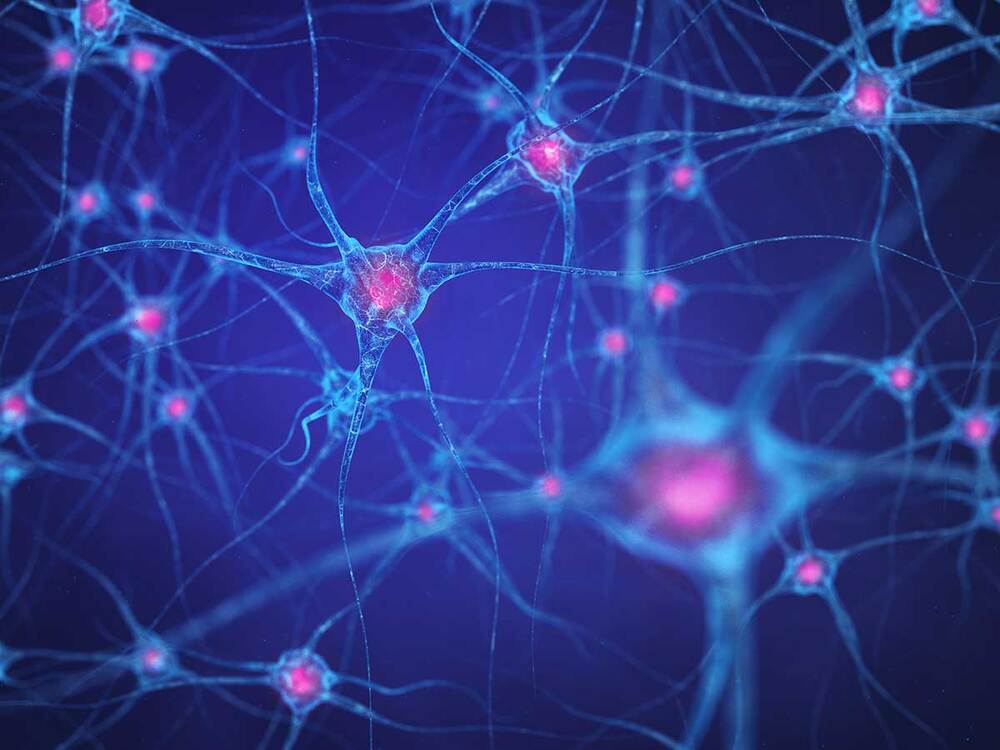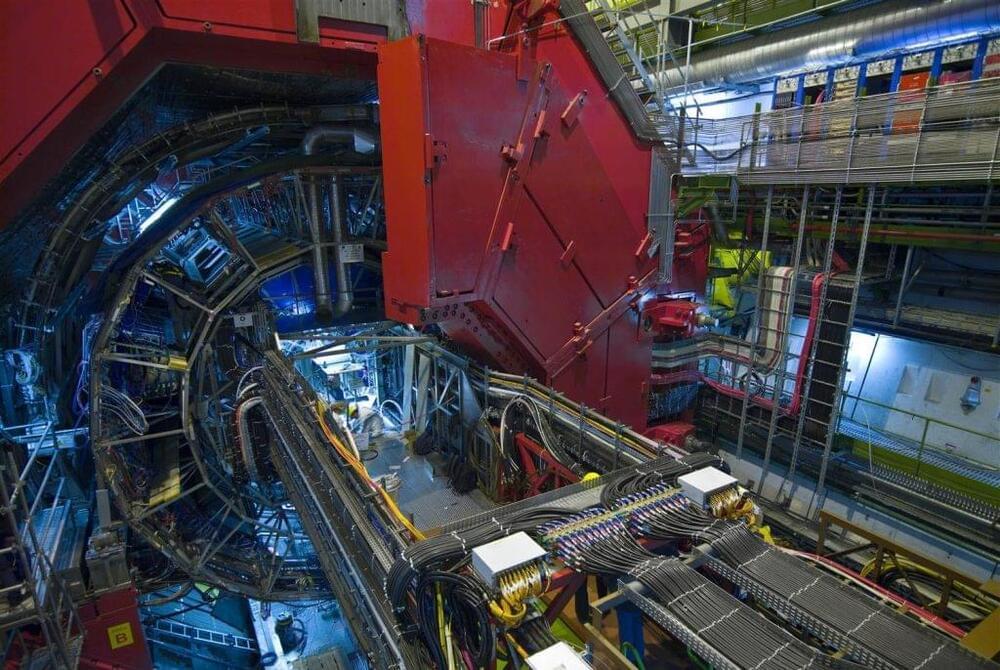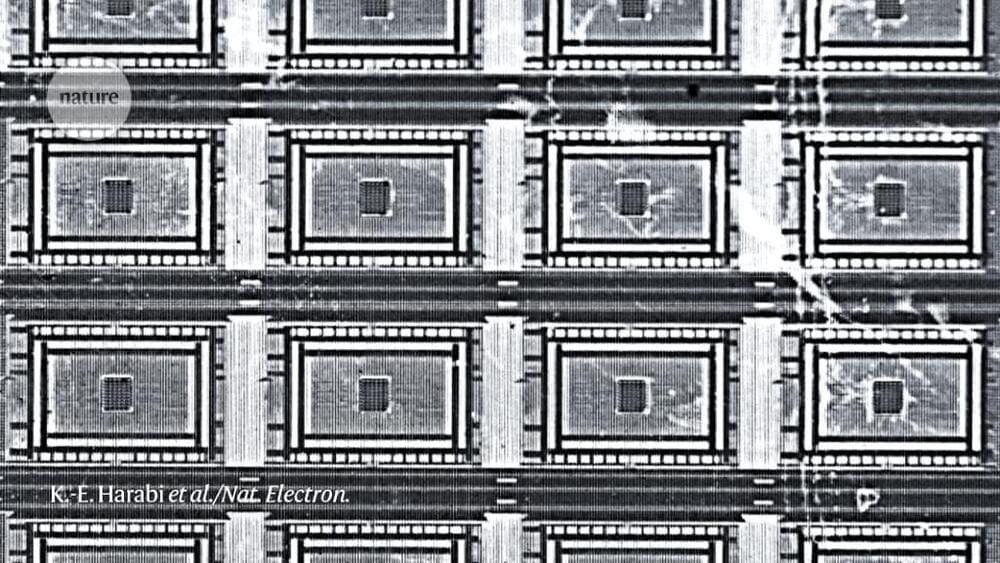Dec 28, 2022
Kenya Case Study Part I: M-PESA story
Posted by Omuterema Akhahenda in categories: finance, space
“M-PESA”: that is a name in global fintech history that can never be erased. Not that anybody would want to. Forever it will be the perfect example of a viable financial ecosystem based on rules unthinkable before. A living masterpiece that was created by a mosaic of unique circumstances, choices and risks taken at a particular time and place, and that continues to evolve in the changes it brought to the country.
Since I’m neither a local, nor deeply involved with the African markets (yet), I would not dare to simply impose my DIY analytics on my readers. Instead, I invite you to listen to my conversation with M-PESA’s own Kevin Amateshe reflecting on Kenya’s digital financial services space, M-PESA’s role, the past, present and future: https://youtu.be/QlZuKwnsAS4
















